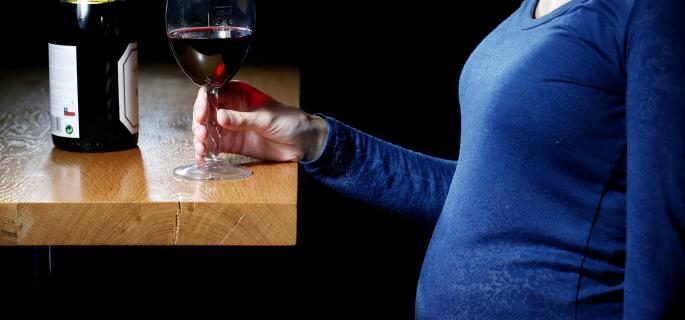No need for guilt over light drinking in pregnancy

Strict government guidelines warning pregnant women against drinking any alcohol are not justified by evidence, a landmark study has found.
There is “surprisingly limited” proof that a little alcohol harms an unborn child, researchers said. Up to 80 per cent of women drink some alcohol during pregnancy.
Last year Dame Sally Davies, the chief medical officer, issued fresh guidance on alcohol, saying: “Although the risk of harm to the baby is low if [mothers] have drunk small amounts of alcohol before becoming aware of the pregnancy, there is no ‘safe’ level of alcohol to drink when you are pregnant.”
Scientists at the University of Bristol have reviewed all data from high-quality studies into the impact of light drinking, defined as up to four units a week, or about two glasses of wine, compared with no alcohol. Their research, in the online journal BMJ Open, looked at the risks of miscarriage, premature birth and undersized babies. They also examined developmental delays impaired intellect and behavioural difficulties — symptoms linked with foetal alcohol syndrome.
There was some evidence to link light drinking with pre-term delivery, and drinking up to four units a week on average was associated with an 8 per cent higher risk of a small baby. The findings supported guidance advising “abstention as a precautionary principle”, they said. However, they found “a paucity of evidence demonstrating a clear detrimental effect, or safe limit, of light alcohol consumption on outcomes”.
David Spiegelhalter, Winton professor for the public understanding of risk at the University of Cambridge, said: “With luck this [study] should dispel any guilt and anxiety felt by women who have an occasional glass of wine while they are pregnant.”
The Department of Health said: “The lowest-risk approach is to avoid alcohol during pregnancy.”

